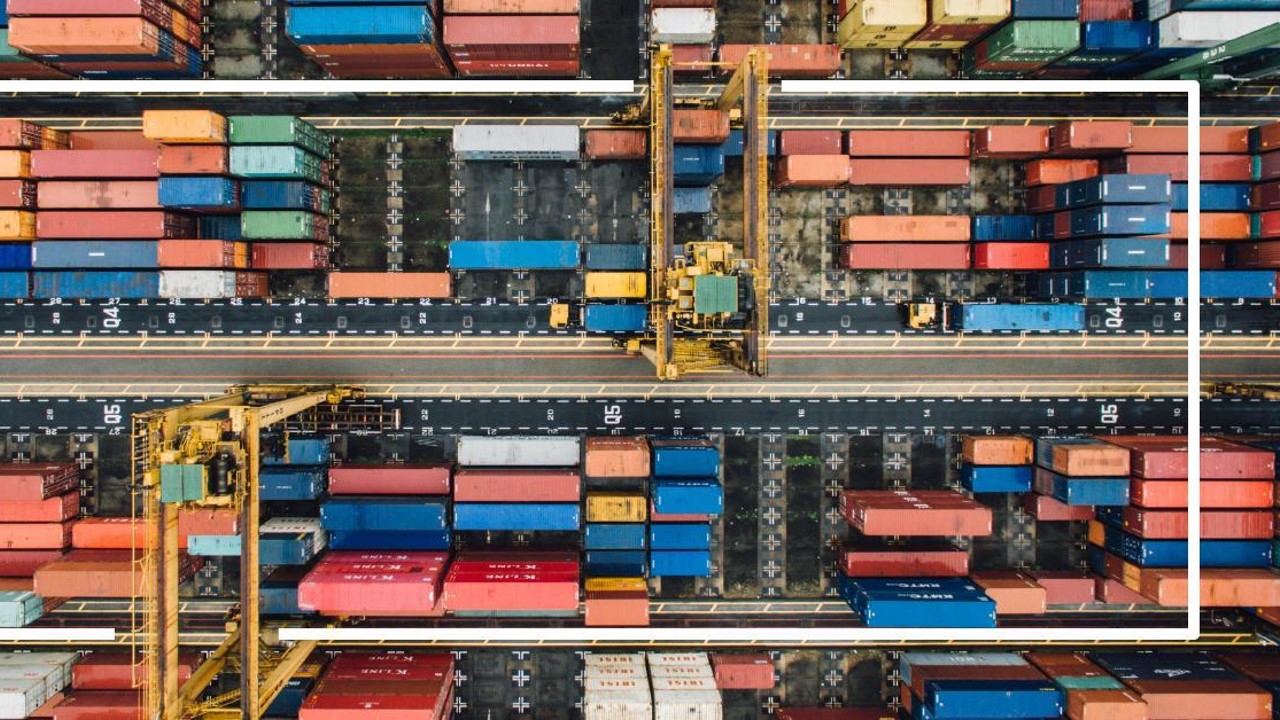
At Element AI, they envision an AI-enabled port ecosystem that efficiently orchestrates the flow of vessels and cargo throughout the port and beyond.
The emergence of intelligence-sharing platforms and the use of AI to improve the reach of planning systems offer the potential of major efficiency gains across port ecosystems. Human-in-the-loop innovations such as model explainability and interactive simulation will allow human operators to benefit from AI insight and gain a better understanding of their own organization’s bottlenecks.
In port operations as in numerous other business domains, the future will offer AI systems which not only help us understand and predict, but will also actively assist in deciding the best course of action.
“PCS have the potential to evolve from data-sharing platforms into intelligence-sharing platforms”
The main inputs and contributions are:
- As data-sharing Port Community Systems (PCS) gain adoption, various actors in the ecosystem (port authorities, terminal operators, carriers, beneficial cargo owners, 3PLs and so on) are incentivized to align their digital transformation roadmaps.
- While PCS offer an unprecedented ability to share operational data, true end-to-end real-time optimization across logistics partners requires an intelligence sharing platform. Built on top of a PCS, such a platform would provide a standard interface to share insights, predictions, common goals and constraints across collaborative AI actors in an open framework.
- The favoured approach is a progressive deployment of pockets of AI capability that converge towards a collaborative orchestrated system.
In case of implementing this kind of solutions the expected benefits will be:
- Vessel turnaround time would be improved at the level of the terminal operator by optimizing berth and quay crane allocation using foreknowledge of clustered vessel patterns. These clusters could be proactively broken up through coordination with ocean liners, pilots, tugs and vessel traffic services.
- Vessel flow would be improved at the level of the port authority by leveraging insights into navigational bottlenecks in estuaries, anchorages and berthing areas. On a longer timescale, this insight may also inform hydraulic infrastructure programs.
- Container dwell time may be reduced by providing visibility to hinterland transporters, beneficial cargo owners and third-party logistics partners on the state of containers and predicted milestones throughout the logistics chain.
[button url=»https://www.elementai.com/news/2019/ai-and-the-future-of-port-automation» class=»» bg=»» hover_bg=»» size=»14px» color=»» radius=»0px» width=»0px» height=»0px» target=»_self»] See the complete paper [/button]
Intelligent Port Orchestration. AI and the future of port automation

At Element AI, they envision an AI-enabled port ecosystem that efficiently orchestrates the flow of vessels and cargo throughout the port and beyond.
The emergence of intelligence-sharing platforms and the use of AI to improve the reach of planning systems offer the potential of major efficiency gains across port ecosystems. Human-in-the-loop innovations such as model explainability and interactive simulation will allow human operators to benefit from AI insight and gain a better understanding of their own organization’s bottlenecks.
In port operations as in numerous other business domains, the future will offer AI systems which not only help us understand and predict, but will also actively assist in deciding the best course of action.
“PCS have the potential to evolve from data-sharing platforms into intelligence-sharing platforms”
The main inputs and contributions are:
- As data-sharing Port Community Systems (PCS) gain adoption, various actors in the ecosystem (port authorities, terminal operators, carriers, beneficial cargo owners, 3PLs and so on) are incentivized to align their digital transformation roadmaps.
- While PCS offer an unprecedented ability to share operational data, true end-to-end real-time optimization across logistics partners requires an intelligence sharing platform. Built on top of a PCS, such a platform would provide a standard interface to share insights, predictions, common goals and constraints across collaborative AI actors in an open framework.
- The favoured approach is a progressive deployment of pockets of AI capability that converge towards a collaborative orchestrated system.
In case of implementing this kind of solutions the expected benefits will be:
- Vessel turnaround time would be improved at the level of the terminal operator by optimizing berth and quay crane allocation using foreknowledge of clustered vessel patterns. These clusters could be proactively broken up through coordination with ocean liners, pilots, tugs and vessel traffic services.
- Vessel flow would be improved at the level of the port authority by leveraging insights into navigational bottlenecks in estuaries, anchorages and berthing areas. On a longer timescale, this insight may also inform hydraulic infrastructure programs.
- Container dwell time may be reduced by providing visibility to hinterland transporters, beneficial cargo owners and third-party logistics partners on the state of containers and predicted milestones throughout the logistics chain.
[button url=»https://www.elementai.com/news/2019/ai-and-the-future-of-port-automation» class=»» bg=»» hover_bg=»» size=»14px» color=»» radius=»0px» width=»0px» height=»0px» target=»_self»] See the complete paper [/button]
0 respuestas en "Intelligent Port Orchestration. AI and the future of port automation"
Deja un mensaje
Lo siento, debes estar conectado para publicar un comentario.

0 respuestas en "Intelligent Port Orchestration. AI and the future of port automation"